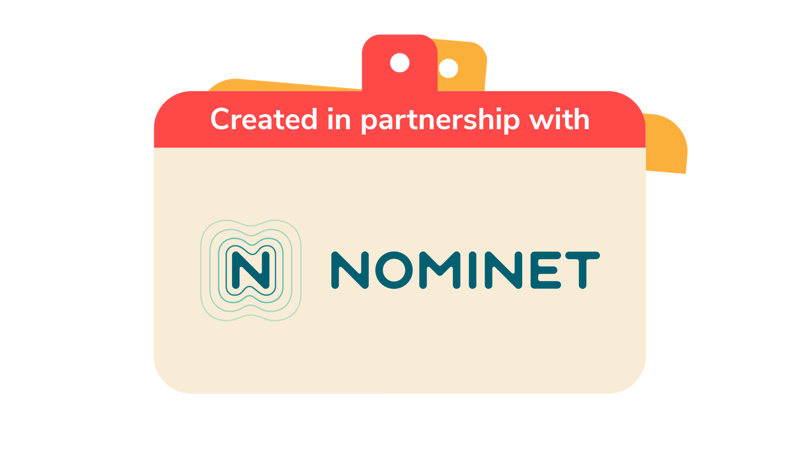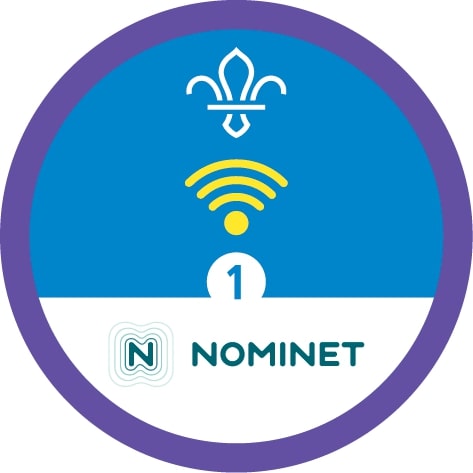
Search me!
You’ll need
- Scrap paper
- Pens or pencils
- Devices with access to the internet
- Books, newspapers or magazines
Before you begin
- In this activity, everyone will research some simple topics offline and online and decide which sources were the easiest, most accessible and most reliable, to work out what this tells us about researching important topics.
- Half of the groups should have local and national newspapers, information books or recipe books. The other groups can have access to the internet.
- This activity can also be done between meetings with groups researching at home using a wider variety of sources and reporting back the following week.
Start researching
- Split the group into groups of five or six people and give them some tasks such as: find a recipe for carrot cake, find out about a local charity and what it does, find 10 facts about another country, identify a blackbird’s song, find out how much waste is currently recycled in your area or how to tie a certain knot.
- The person leading the activity should use a stopwatch to time how long the research for each task took, with winning groups sharing their information with the rest of the groups. Did the online research win every time? Was a slower method more reliable or accurate?
- The person leading the activity should then swap the groups around so that everyone has a chance to research online and offline.
Decide which is better
- The person leading the activity should ask the groups to go back to their original method of research and decide as a team some pros and cons of their research method, write them on a piece of paper, and share these with each other.
- Everyone should talk about the implications this activity has on how we form our views and ideas.
- Everyone should work together to make a plan about how to accurately research a topic of interest and how to double-check facts first.
Reflection
This activity helped everyone think about the pros and cons of researching online and offline. While finding things out using the internet is faster, it can be confusing and may not be accurate. The person leading the activity should ask the group to think about how they interacted with each other while researching. Did they search online individually, or did they collaborate? Did the offline groups interact or work together? Perhaps the research method depends on the topic people need to find out about. The person leading the activity should encourage everyone to discuss the pros and cons further and consider the social implications of working together.
Safety
All activities must be safely managed. You must complete a thorough risk assessment and take appropriate steps to reduce risk. Use the safety checklist to help you plan and risk assess your activity. Always get approval for the activity, and have suitable supervision and an InTouch process.
- Online safety
Supervise young people when they’re online and give them advice about staying safe. Take a look at our online safety or bullying guidance. The NSPCC offers more advice and guidance, too. If you want to know more about specific social networks and games, Childnet has information and safety tips for apps. You can also report anything that’s worried you online to the Child Exploitation and Online Protection Command. As always, if you’ve got concerns about a young person’s welfare, including their online experiences, follow the Yellow Card to make a report.
The person leading the activity could set mini research topics that allow each group to succeed and understand the pros and cons of their methods. Things like: create a poll to find out which game is the most popular with the group (online poll versus hands up), find the address of the nearest GP surgery (local leaflets or online search), find out the name and height of the tallest building in the world (online would probably win this one as print information can go out of date quickly).
The person leading the activity should make sure that the devices and books are accessible to everyone in the group by ensuring there are some large print or braille sources.
All Scout activities should be inclusive and accessible.
Create a list of websites that are the most reliable for researching. For example, National Geographic, NASA, educational or government websites (those ending in ac.uk or gov.uk), museum and gallery websites. Decide which you would use to research the history of democracy in the UK, climate change and global warming or the latest developments in space travel.
Young people should work together to come to their own conclusions about research sources so they understand that there are pros and cons to all methods.
